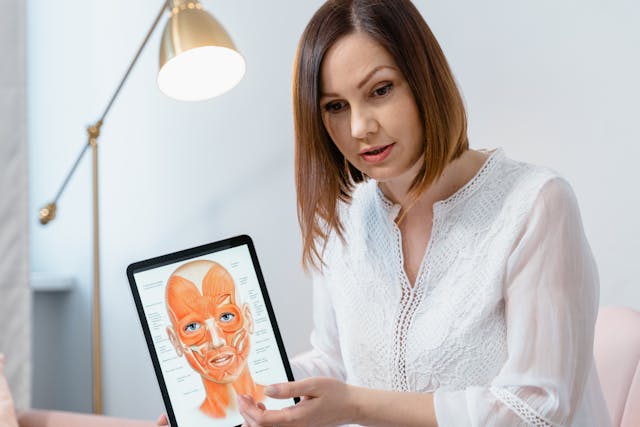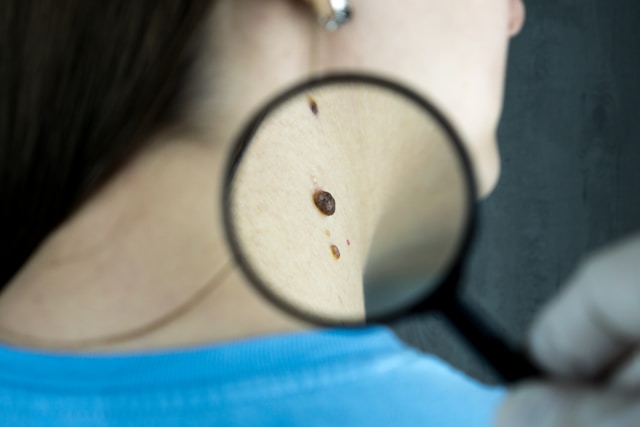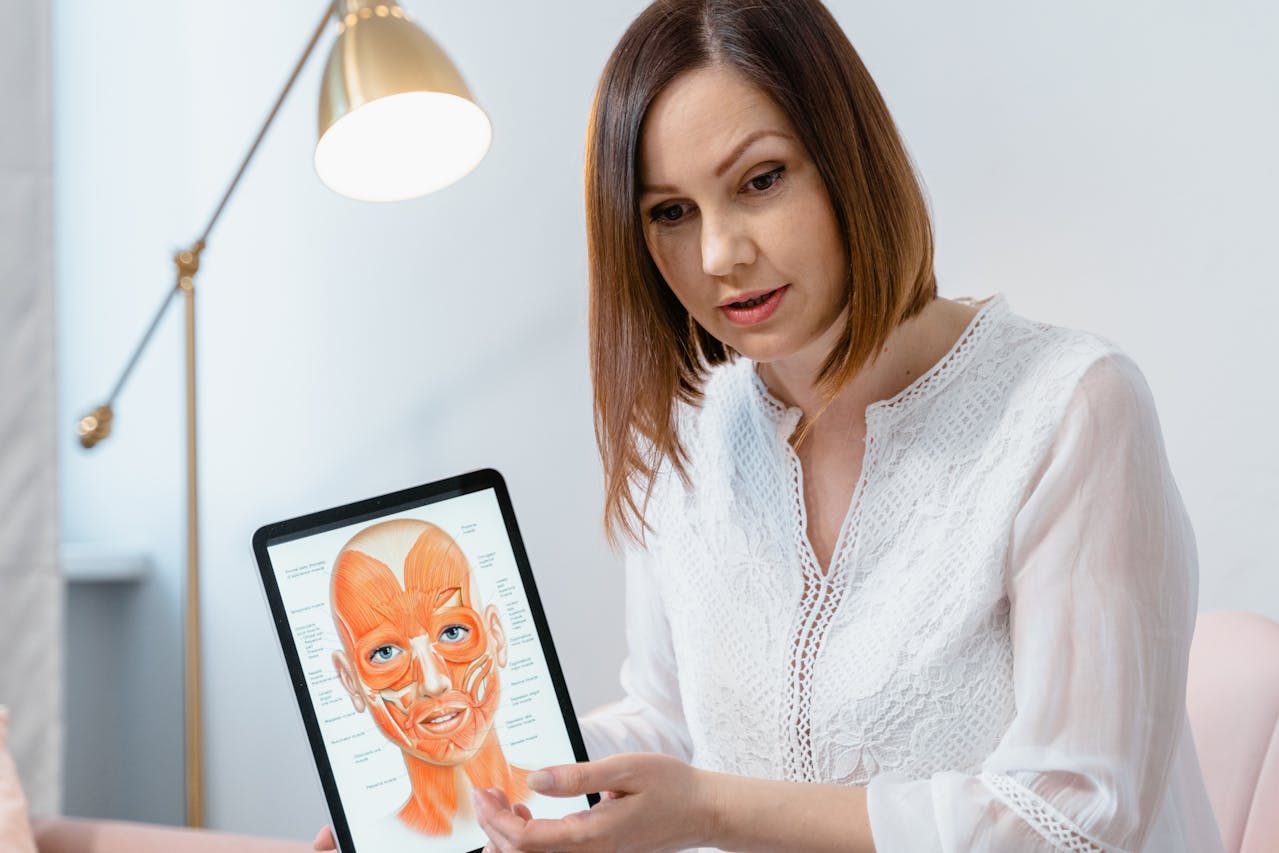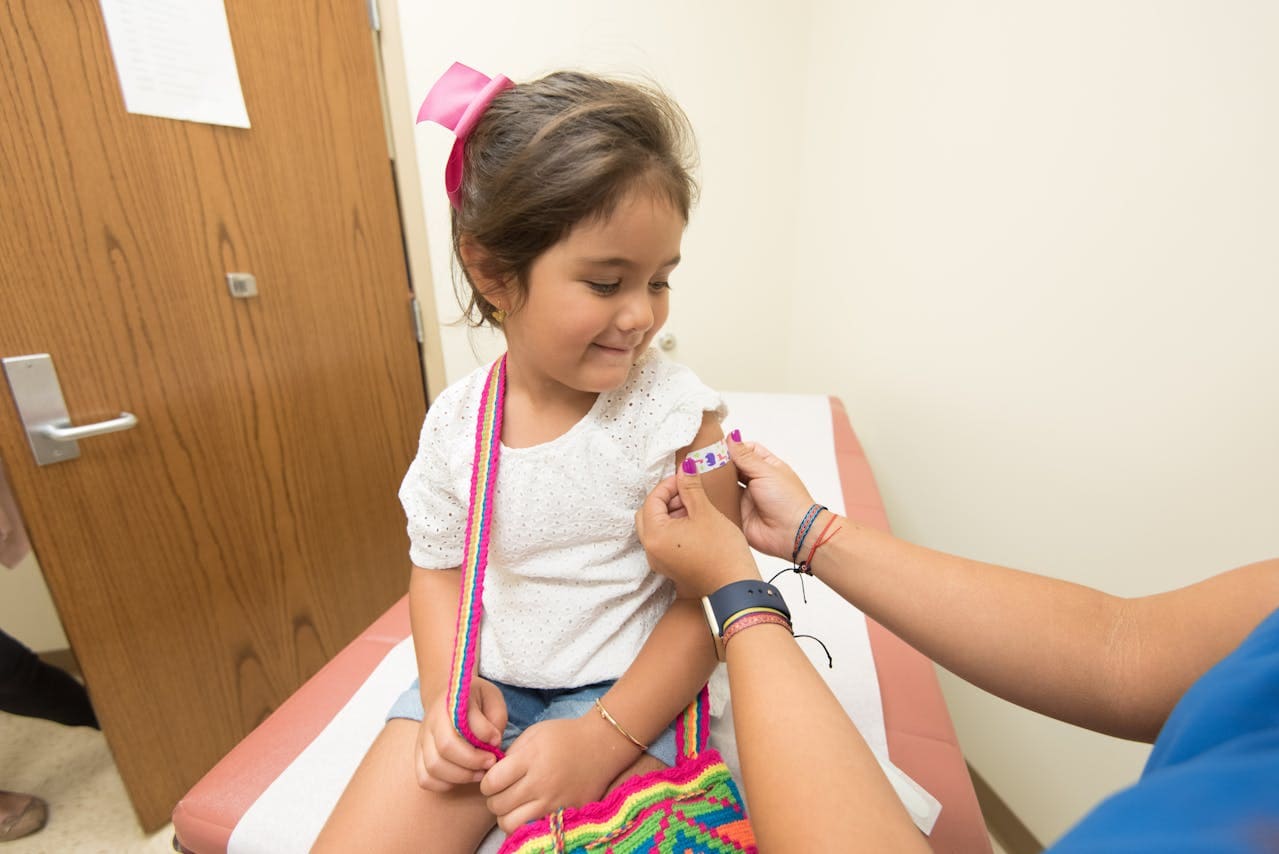
Online dermatologist consultation for rashes, acne and skin irritation
Get expert help with common skin concerns — from redness and itching to breakouts or peeling. A dermatologist will assess your symptoms and provide a personalised treatment plan.
 Diagnosis and skincare advice based on your symptoms
Diagnosis and skincare advice based on your symptoms  Support for rashes, acne, inflammation and chronic skin issues
Support for rashes, acne, inflammation and chronic skin issues  Clear next steps — no trial and error or self-diagnosis
Clear next steps — no trial and error or self-diagnosis 
How to get help online for rashes, spots or other skin changes
No need to guess what’s going on with your skin. Show it to a dermatologist — and get answers quickly.

Note: Online consultations are suitable for visible and stable skin symptoms such as mild rashes, acne, redness, or dryness. If your symptoms are rapidly spreading, painful, involve open wounds, or signs of infection — we recommend seeking in-person care.
Dermatologists available for online consultations
Specialists with experience in diagnosing and treating skin conditions. They consult on rashes, inflammation, itching, irritation, acne, dermatitis and other skin symptoms.
When to see a dermatologist: common skin symptoms to watch for
Learn what skin symptoms may require medical attention and when to speak to a dermatologist — especially if over-the-counter remedies no longer help.
Skin rashes and unexplained changes
Many skin conditions look alike but require different treatments. Self-diagnosis or trying random creams can delay recovery or worsen symptoms. A dermatologist will assess the type and location of the rash, its duration, and potential triggers — and recommend appropriate treatment.
If a skin change appears suddenly, spreads quickly, or doesn’t improve, it’s a good reason to get a medical opinion. Timely care helps reduce discomfort and prevents complications.
Itching, flaking, and dry skin
A dermatologist can help identify the cause — whether it’s related to skin barrier damage, allergies, or an immune response — and prescribe effective treatment. Options may include emollients, medicated creams, antifungals, or antihistamines.
If itching affects your sleep or daily life, or if over-the-counter products no longer work, it’s time to seek expert advice. Persistent dry skin isn’t just cosmetic — it may indicate a deeper issue.
Acne, breakouts, and clogged pores
Dermatologists assess the type of acne (blackheads, whiteheads, nodules), its severity, and how long it’s been present. They may recommend prescription creams, antibiotics, retinoids, hormonal therapy, or skincare adjustments.
Early treatment prevents scarring and improves skin texture and confidence. If breakouts don’t improve within a few weeks of home treatment, consult a dermatologist.
Moles, pigmentation, and new skin spots
A dermatologist will evaluate the spot’s shape, border, colour, and size. If needed, they’ll recommend a dermatoscopic exam or biopsy. Even when not dangerous, pigment changes can affect appearance and self-esteem.
Checkups help differentiate harmless moles from suspicious ones. If you’ve noticed skin changes and aren’t sure what they mean, it’s best to get a professional opinion.
Long-term skin conditions and treatment reviews
Symptoms may change over time due to stress, climate, age, or triggers like cosmetics. A dermatologist can review your current plan, prescribe updated medication, and give tips on preventing relapses.
If your current skincare no longer works or if you’ve stopped seeing results — don’t wait. Skin health improves faster when managed proactively by a medical expert.
Patients love


Your guide to healthcare in Spain
Practical information about the healthcare system, doctors and medical services in Spain.
FAQ
Find answers to common questions about online skin consultations, symptoms, treatment options, and how to prepare for your appointment.











